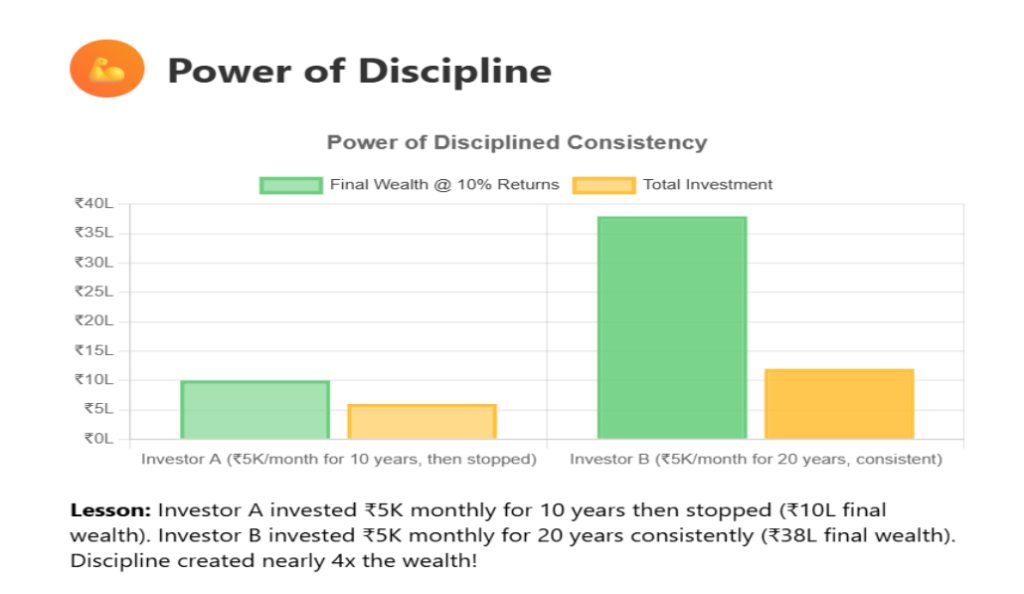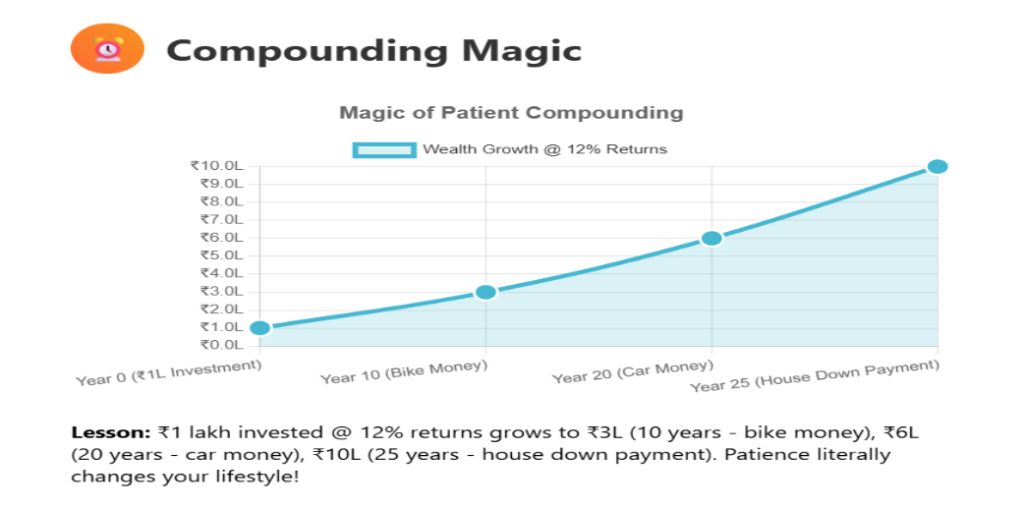
When you think of Lord Rama, you usually imagine courage, dharma, and victory. But if you look closer, you will also see something else the power of planning. Every step in the Ramayana was filled with foresight, strategy, and discipline. These same qualities can guide your financial life today, especially when it comes to mutual funds, financial planning, and wealth management.
So let us look at some simple and light-hearted lessons you can learn from Lord Rama and apply to your own money journey.
Strategic foresight: Why planning wins over luck
Lord Rama did not just rely on luck to defeat Ravana. He carefully built alliances, trained his team, and prepared for every battle. In your financial life, you may sometimes rely on luck, like a sudden bonus or market rally. But real success comes from planning ahead.
Financial planning helps you set clear goals, whether it is buying a house, creating a retirement fund, or building wealth for your children. Just like Rama’s journey, your journey becomes smoother when you have a clear roadmap.
Think about it this way if you start a mutual fund SIP today, you are building an army of small contributions. These little soldiers will work for you every month, helping you win the battle of future expenses. And unlike luck, which comes and goes, planning always stays by your side.
Role of discipline in long-term investments
One of the most admirable qualities of Lord Rama was his discipline. Fourteen years of exile is not easy, but he stuck to his word and lived with patience and dignity. In financial planning, discipline plays the same role.
If you want your investments to grow, you need to stay committed to them. Wealth management is not about one-time decisions; it is about staying consistent year after year. Mutual funds especially reward disciplined investors. By investing regularly through SIPs, you avoid the temptation of market timing and let time work in your favour.
Discipline also means not touching your investments for quick pleasures. Imagine if Lord Rama had decided to cut his exile short—his story would be very different! In the same way, if you withdraw money too early, your financial story will lose its happy ending.
Example: Investor A invests ₹5,000 every month for 10 years, then stops. Investor B invests ₹5,000 every month for 20 years. At 10% returns, Investor A has ₹10 lakh, but Investor B has ₹38 lakh. The discipline of consistency created nearly 4x the wealth.

How patience compounds like mutual funds
Have you ever noticed how time seems to make everything better? In the Ramayana, patience was the key to Rama’s victory. He waited for the right moment, gathered strength, and struck when it mattered.
In investing, patience is called compounding. The longer you leave your money invested, the harder it works for you. A mutual fund SIP started today may look small at first, but give it ten or twenty years and the results can be remarkable.
You may feel impatient when the markets go down, just like Rama’s army felt discouraged when the war dragged on. But if you hold on and stay calm, your wealth management plan will eventually pay off. The power of patience is not just a story—it is a financial reality.

Applying dharma to modern wealth choices
Lord Rama always chose dharma, even when it was the harder path. Today, dharma in financial planning means making choices that are responsible and ethical. It could be investing in funds that support sustainable businesses, or managing wealth in a way that protects your family’s future.
Dharma also means balance. You should not only think about growing money but also about securing it. Medical insurance, emergency funds, and retirement savings are all part of responsible wealth management. They may not look exciting, but they keep your financial journey steady and safe.
When you make financial choices with dharma, you are not only planning for yourself but also creating a legacy for your family. Just as Lord Rama’s story continues to inspire generations, your financial discipline and planning can inspire the next generation of your family.
Wrapping it up
So, what do we learn from Lord Rama about money? Planning beats luck, discipline ensures success, patience multiplies wealth, and dharma keeps you on the right path.
Financial planning, mutual funds, and wealth management may sound like complicated terms, but in reality, they are just about applying simple values to your money. If Lord Rama could plan his way to victory, you can plan your way to financial freedom too.
Start small, stay disciplined, and trust the process. Who knows maybe one day, your story of wealth creation will inspire others just as much as the Ramayana inspires us.
